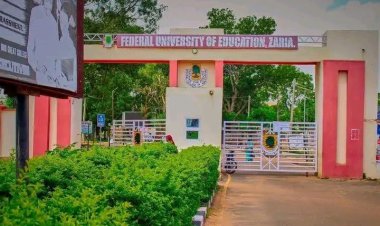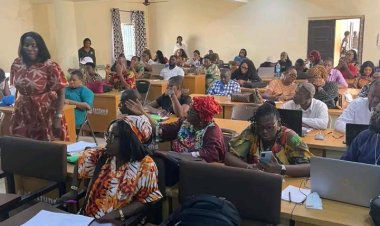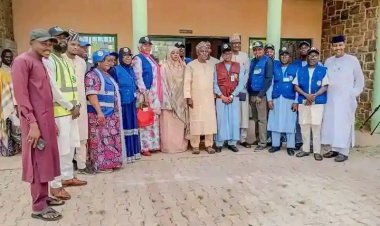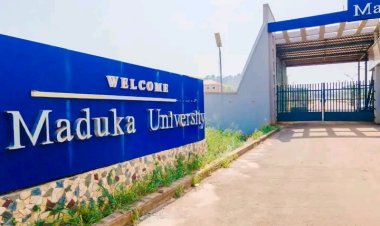Federal Ministry of Education Clarifies Misconception on Exam Age Requirements
The Federal Ministry of Education has clarified that there are no age restrictions barring students under 18 from sitting for the West Africa Senior School Certificate Examination (WASSCE) or the National Examinations Council (NECO) exams.
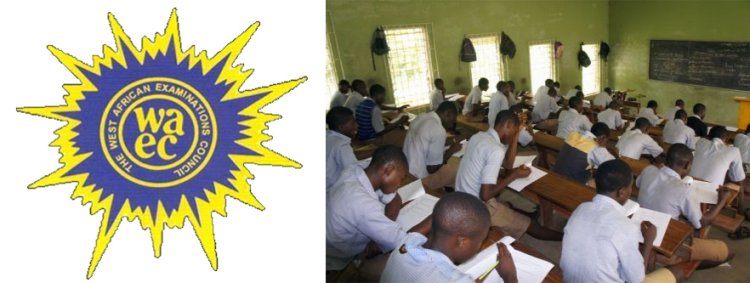
The Federal Ministry of Education has clarified that there are no age restrictions barring students under 18 from sitting for the West Africa Senior School Certificate Examination (WASSCE) or the National Examinations Council (NECO) exams. This statement came from Dr. Yusuf Sununu, the Minister of State for Education, during the 2024 International Literacy Day celebrations held in Abuja.
Dr. Sununu addressed the recent public misconception stemming from comments made by Minister of Education, Prof. Tahir Mamman. The confusion arose from remarks regarding the 18-year age requirement for entry into tertiary institutions, a policy from the 6:3:3:4 education system. Sununu emphasized that the Ministry's discussion focused on entry age for universities and not on the eligibility for secondary school examinations.
“It is disappointing that there has been a misinterpretation of our statements. We have not imposed any restrictions on students under 18 from participating in WASSCE, NECO, or other examinations,” Sununu said. He noted that while there are exceptional cases of very young students demonstrating advanced capabilities, the Ministry is working on developing guidelines to appropriately recognize and accommodate such talents.
Sununu reaffirmed the Federal Government's commitment to enhancing literacy through the Education for Renewed Hope roadmap (2024-2027), which emphasizes youth and adult literacy, and the use of mother tongues in education. He highlighted the importance of multilingual education for fostering mutual understanding and peace, and stressed the need for well-trained educators capable of teaching in local languages.
Prof. Simon Akpama, Executive Secretary of the National Commission for Mass Literacy, Adult and Non-formal Education, echoed the importance of integrating multilingual education into literacy programs, emphasizing its role in promoting peace and cultural respect.
UNESCO’s Country Representative, Mr. Diallo Abdourahamane, reiterated the fundamental human right to literacy and its critical role in creating a just and sustainable society.
International Literacy Day, celebrated annually on September 8, focuses on the significance of literacy in individual and societal development. This year’s theme, “Promoting Multilingual Education: Literacy for Mutual Understanding and Peace,” underscores the role of diverse language education in fostering global harmony.

 Lois Udoye
Lois Udoye 